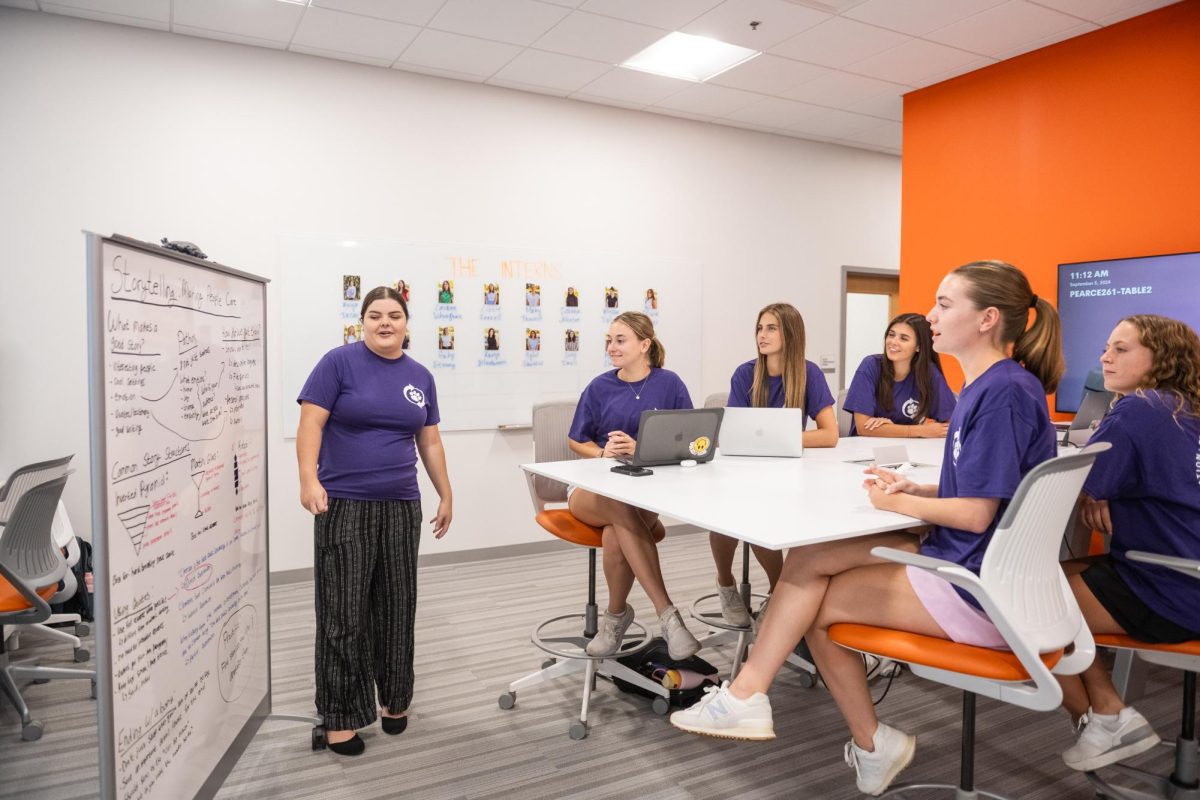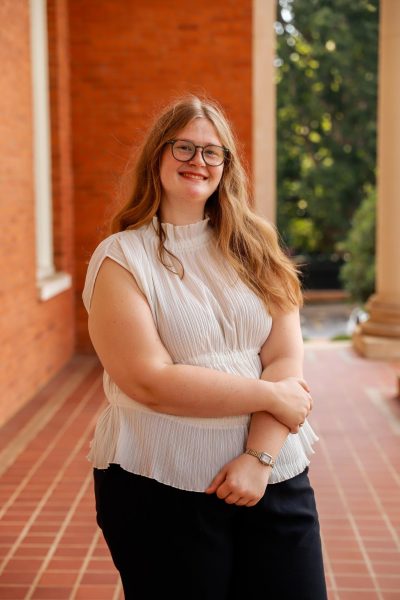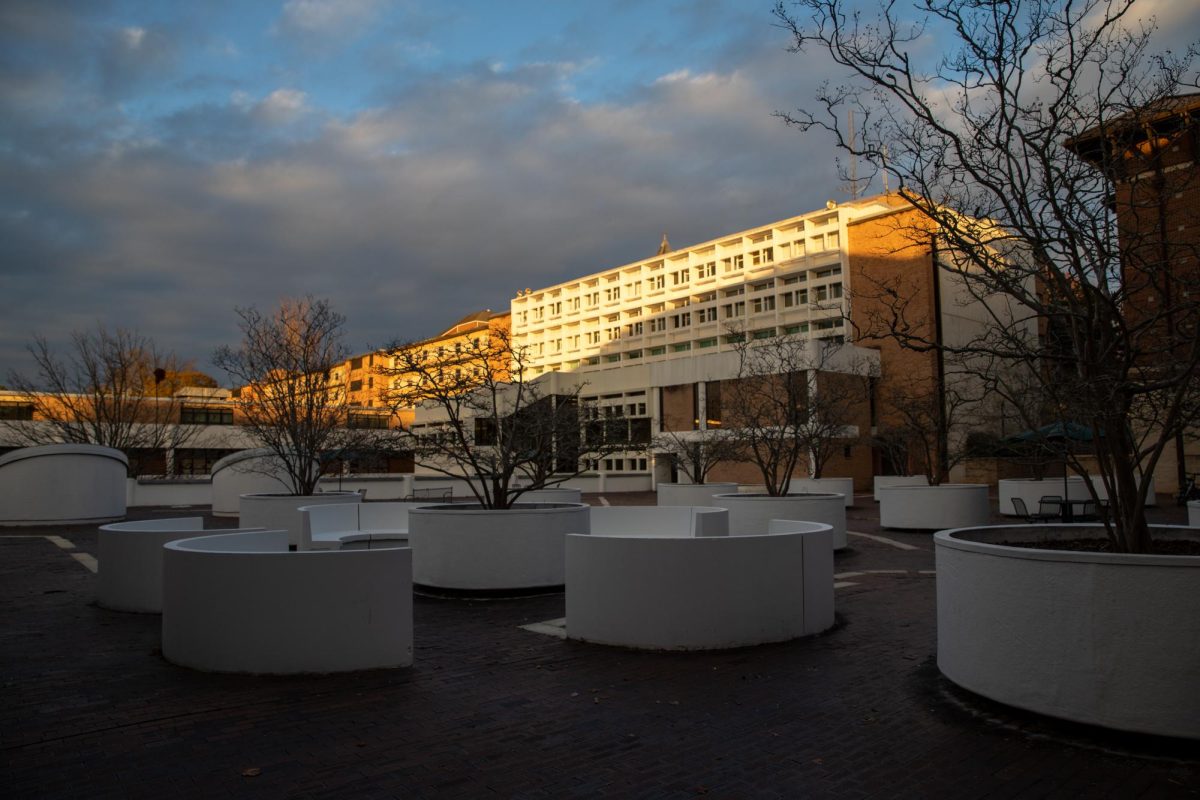The learning experiences that students receive in college give them the foundation for a successful future in the workforce. Students come to college hoping to hone in and perfect their technical skills in their primary areas of interest. This, however, is more complex than some may think. Simply showing up to class and listening to lectures does not truly allow students to learn and develop. Though lectures offer insight that helps students to grow and learn, without experiential learning, students can never completely grasp the realities of complex nuances in their areas of interest.
The conjunction of both in-class lectures and experiential learning creates a dynamic learning environment that truly prepares students for future workforce agendas. This experiential learning can exist in many different forms: undergraduate research, study abroad programs, internships, capstone projects and community service are all essential ways that students can become more immersed in their field of study. Instead of simply learning how a discipline works, experiential learning allows students to get first-hand experience within their desired fields of interest.
Coming away from a classroom experience, students can learn theories of the industry, popular methods and significant information. Experiencing the discipline first-hand teaches students how to apply this knowledge to practical situations. Not only does this develop a deeper understanding of the field, but it also showcases skills to later potential employers.
Participating in experiential learning can offer many benefits, including “a better understanding of course material, a broader view of the world … insight into their skills, interests, passions, and values, opportunities to collaborate with diverse organizations and people, positive professional practices and skill sets … (and) self-confidence and leadership skills,” according to Kent State University.
The skills that this implements in students have a more profound, lasting impact. The Tiger, for example, has expanded my knowledge of journalism in pairing with technical skills and lessons learned in the Introduction to Journalism course here at Clemson.
Though this course effectively taught me the essentials of journalism, working in the field with my passionate peers has truly taught me the nuances of the craft and built my portfolio of published work. This stretch beyond the classroom to enhance my learning experience has affected my educational journey.
Similarly, I have worked summer internships that take classroom knowledge and put it into practice, expanding my knowledge of various subjects. Likewise, applying to many different organizations and companies has built up my resume writing, interviewing and cover letter drafting skills, preparing me for the workforce outside of the University.
Taking the extra step and initiative to find your niche in experiential learning will benefit your educational journey tremendously in the long run. Finding ways to implement learning about the things you are passionate about outside of the classroom creates a well-rounded education that cannot be found simply by listening to others’ experiences, pushing you to find out through your own.
Kylie Tutterrow is a junior political science and communication double major. Kylie can be reached at [email protected]










